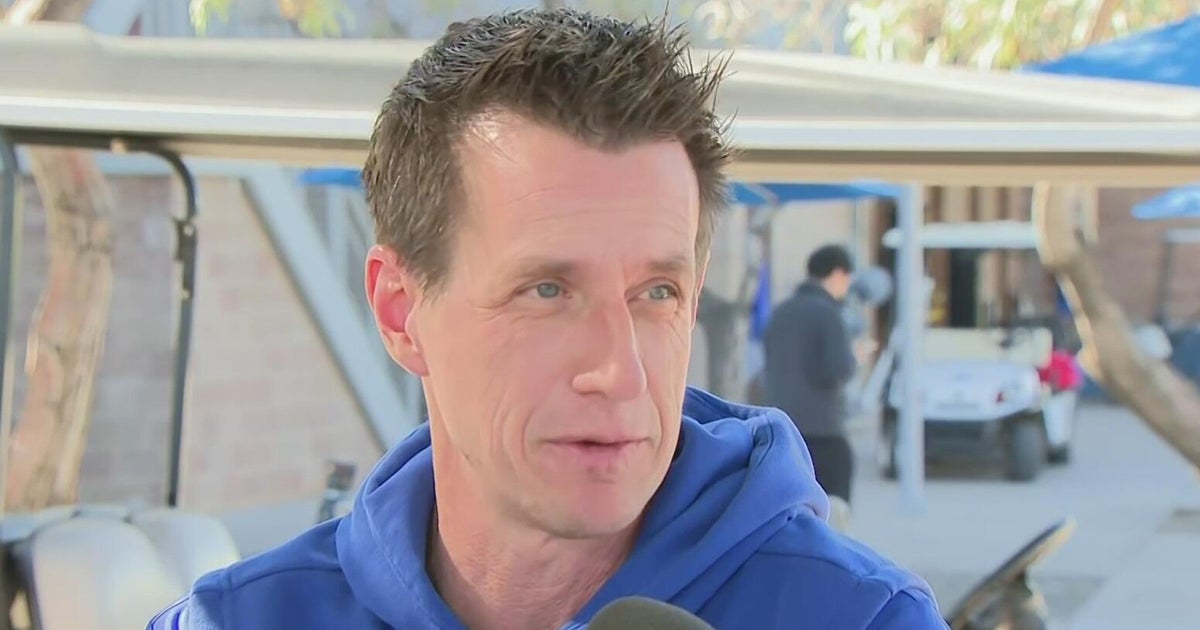Effective Methods Of Leading Kids To A Path Of Sporting Success
By Kena Sosa
Turning a group of little individuals into a bonded and collaborative team can be quite the daunting task. But with proper planning, plenty of organization and a little luck, anyone can make a solid team out of a bunch of kids. These tips will help you create a team that will not only work well together, but also have a lot of fun.
Be Prepared
Whether you are a seasoned professional or have never coached before, it's vital to be prepared before the start of the season, practices and games. Refresh yourself on the rules, strategies and nuances of your sport. Try to remember the names of kids on your team so that they feel more comfortable from day one. Setup an email and phone number group to send clear communication to parents ahead of time to introduce yourself and start discussing uniforms, schedules and snacks.
Build a Strategy
Youth sports shouldn't always be about winning. This is an opportunity for kids to develop skills individually, and to help them successfully work as a team. Each game, win or lose, will give them something they can grow from, and that should be the central message for leadership. Encouraging good sportsmanship is key to having a positive team life, win or lose. That being said, do not send the kids out to figure it out on their own. Study up on plays, strategies and skills kids of the age group you coach should know. If possible, watch a few games and other coaches to see how they do it. Take this knowledge, add your style, and coach your team your way.
Practice, Practice, Practice
Be consistent with practices. Make sure to leave little idle time for kids to get off task. Remember that many of them come to practice straight from school and they might be tired or hungry. The best way to get into practice is with a friendly warm-up relevant to your sport. Next, practice isolated skills, giving all players the chance to work. Don't forget to practice skills necessary for teamwork like passing and multiplayer strategies. At the end, do a cool down activity and thank the kids for giving it their best. When there's little down time, there's less opportunity for behavioral issues and you can concentrate on the sport. Consistency will also build independence so that parents know what to expect too. If you happen to be out for an emergency, your team parents can come in and save the day!
Parents Are Key
The parents may not be on the field, but it seems like it sometimes. Parents can be your biggest asset toward team success. If they are informed ahead of time, they will be on time at every game, practice and even be motivated to help their child build their playing prowess at home. Learn the parents' names, and communicate often with them so that they can help.
Fair Game
Of course, everyone who plays sports dreams of victory. However, is it really victory if it is at the expense of others on the team? Every child, even if you know this sport is not a good fit, should get time to play. If they are on the sideline the entire game, this will take an emotional toll on the child, their parents and other members of the team. Find that child's strengths. Give them a chance to shine at something. If not for anything else, keep in mind that your more advanced players will need a break from time to time in order to keep going. A few excellent kids can't hold up the weight of an entire time and it wouldn't be fair to expect them to do so. Even if it's not for long, make sure everyone gets some time to play. You never know, with a boost of confidence the next season that kid could shine. If the team loses, it is not because the newest kid had a chance to play, it is a group effort. Celebrate winning respectfully to the other team, and hope that your victories are often. In losses, remind kids that they play to have fun, so as long as they enjoyed themselves, that it isn't really a loss. It is a chance to see what can be learned and done better for the next time. Let's play!







